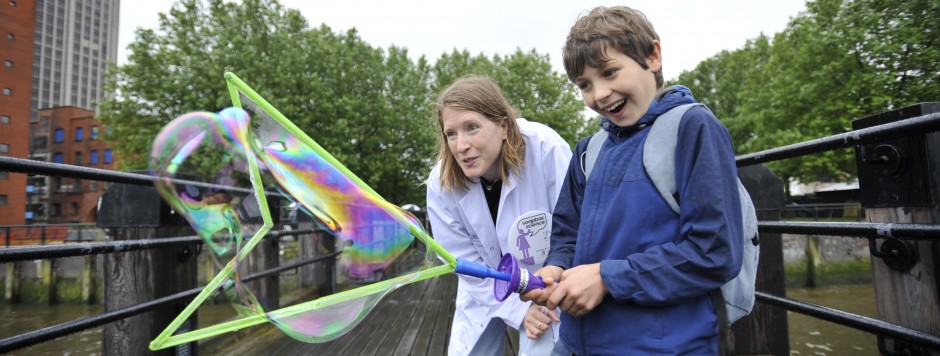 “Tick tock, tick tock”……..What do you think when you hear this phrase? A clock? Correct answer! But maybe not the traditional clock you have on your wall or wear on your wrist. Inside almost every cell in the body there are so called ‘biological clocks’ that help us tell the time from the inside. Your question now may be how? why? Good questions, and one we ‘scientists’ are still exploring.
“Tick tock, tick tock”……..What do you think when you hear this phrase? A clock? Correct answer! But maybe not the traditional clock you have on your wall or wear on your wrist. Inside almost every cell in the body there are so called ‘biological clocks’ that help us tell the time from the inside. Your question now may be how? why? Good questions, and one we ‘scientists’ are still exploring.
So…let’s get personal – If you could choose any time of day to wake up when would it be? Is it the same as your friends, your family, your colleagues? Chances are it is not and that is not unusual. We are all different; we look different, we have different preferences, different genetics. So why should our routines and body clocks all be the same?
 If you think back to when you were a child, are your sleep/wake patterns different now? Once you hit that legal age of 18, did you spend your weekends out with friends in bars drinking the night away? It is well known that during the teenage years much of our weekends are spent catching up on sleep. Is this because of laziness? Or is there something else going on? If you are a parent, are you forced to wake up when you don’t want to because of your children?
If you think back to when you were a child, are your sleep/wake patterns different now? Once you hit that legal age of 18, did you spend your weekends out with friends in bars drinking the night away? It is well known that during the teenage years much of our weekends are spent catching up on sleep. Is this because of laziness? Or is there something else going on? If you are a parent, are you forced to wake up when you don’t want to because of your children?
If you think of all these factors that influence us at different stages of our lives, how do we know what is natural for us and what is not? What we do know is that sleep/wake patterns do change noticeably over the course of a lifetime. And it doesn’t stop at sleep. Evidently there will be differences in exercise regimes, meal times and even when we go to the toilet! So where do all of these differences come from, what effects are they having on our lives and our brains?
 I am a doctoral researcher at the University of Birmingham and I am fascinated by clocks (both inside and out). I think it is imperative that we bridge the gap between academia and society and try to increase the awareness of science in the general public, not just to children but adults too. Soapbox Science is a great way to support female scientists who are trying to pave their way in a predominately male led profession. I hope to see you in Oxford on the 18th of June 2016 to stimulate questions, interest and awareness of a field of science that is so important to each and every one of us.
I am a doctoral researcher at the University of Birmingham and I am fascinated by clocks (both inside and out). I think it is imperative that we bridge the gap between academia and society and try to increase the awareness of science in the general public, not just to children but adults too. Soapbox Science is a great way to support female scientists who are trying to pave their way in a predominately male led profession. I hope to see you in Oxford on the 18th of June 2016 to stimulate questions, interest and awareness of a field of science that is so important to each and every one of us.
